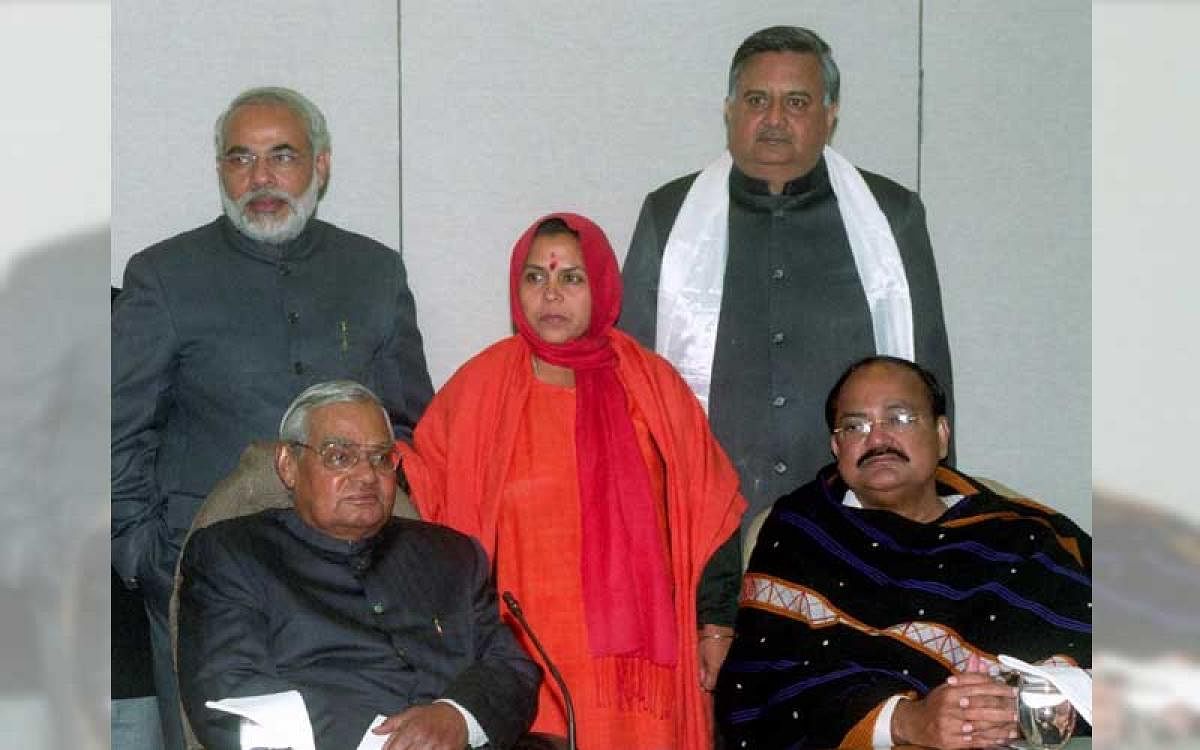
This is not “Atal-ji's NDA”. This coinage by some BJP allies and erstwhile partners sum up the relationship and difference between former prime minister A B Vajpayee and his BJP successor Narendra Modi.
The relationship between Vajpayee and Modi have been marked by the former's 'raj dharma' remark following the 2002 riots, which was read as an admonition of the latter who was then the Gujarat Chief Minister.
Often quoted by critics to take on Modi, Vajpayee had asked him to follow 'Raj Dharma' without discriminating on the basis of caste, creed or religion. Modi was seated beside and without battling an eyelid, Vajpayee said in his characteristic ambiguous style that he was “exactly doing that” and that “I believe he is performing his Raj dharma properly.”
Vajpayee is believed to have wanted Modi out from Gujarat Chief Minister's chair. However, party veteran L K Advani stood firmly behind Modi while he also got support form then Shiv Sena chief Bal Thackeray. Modi saved his job then and rose to become the Prime Minister 12 years later.
Despite retiring from active politics, Vajpayee is still remembered by allies or erstwhile allies when strains appear in the coalition. The common refrain of the JD(U) leaders before rejoining NDA was that under Modi it was different while acknowledging that it was not “Atalji's NDA”.
TDP's N Chandrababu Naidu or Trinamool Congress' Mamata Banerjee too had echoed similar lines in the recent times when it came to dealing with Modi, who heralded the change from the 'Atal era' to 'Modi era' in the BJP.
The allies now feel that the Modi-Amit Shah duo have an upper-hand owing to BJP's numerical strength while allies' concerns are not addressed. Vajpayee, on the other hand, had used his allies like George Fernandes to set the NDA agenda when hardliners in the party sought to push certain agenda.
Along with his longtime associate, Vajpayee was moved from BJP Parliamentary Board to 'Margadarshak Mandal' post-2014.
Related Links:
